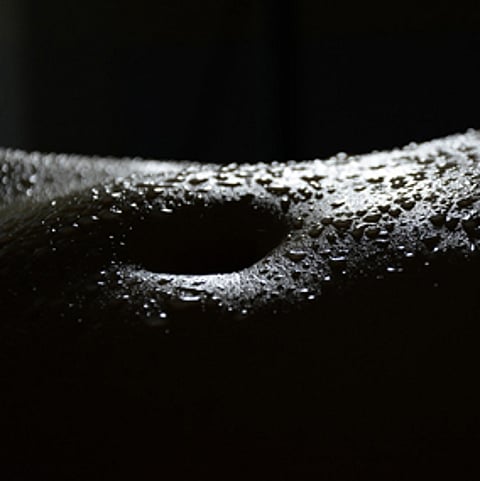Erotic Book
…the last things
You always find to say are charming, and rescue me
Before the night does
– 'My Erotic Double,' by John Ashberry
No, it was not my father's – and neither
My grandfather's – as one would rather imagine
To have happened, as it happens in other
Recollections, from a time when a freckled,
Balzac- or Tolstoy-hunting youth sneaks into
One of those waylays which the affluent call a study,
But among the lesser echelons is merely a shelf for hiding
Other books. Another kind of books, which one must not

